Moe Suzuki’s Artist book “Aabuku” now available for order
We are happy to announce the launch of Moe Suzuki’s new artist book “Aabuku” and are now accepting online order.
Suzuki has continued to work on the visual narratives of memory as it changes due to illness, family relationships and urban development, which started with the world as seen by her father, who is suffering from glaucoma, in her 2020 work Sokohi. The publication of this artist book “Aabuku” is about the tap and groundwater, and land contamination by the chemical ‘PFAS’ in Okinawa. The narrative attempts to capture the reality of environmental pollution and the social structures behind it through the memories of individuals who have connected to the water and land that are contaminated, as well as collecting information on the data aspects of the pollution through three years of research. We hope you can observe yourself in this very complex problem in Okinawa through her artist book with many layers.
The same-titled exhibition will tour Tokyo in February and RPS Kyoto Paperoles in May. Please enjoy the exhibition in each location as well!
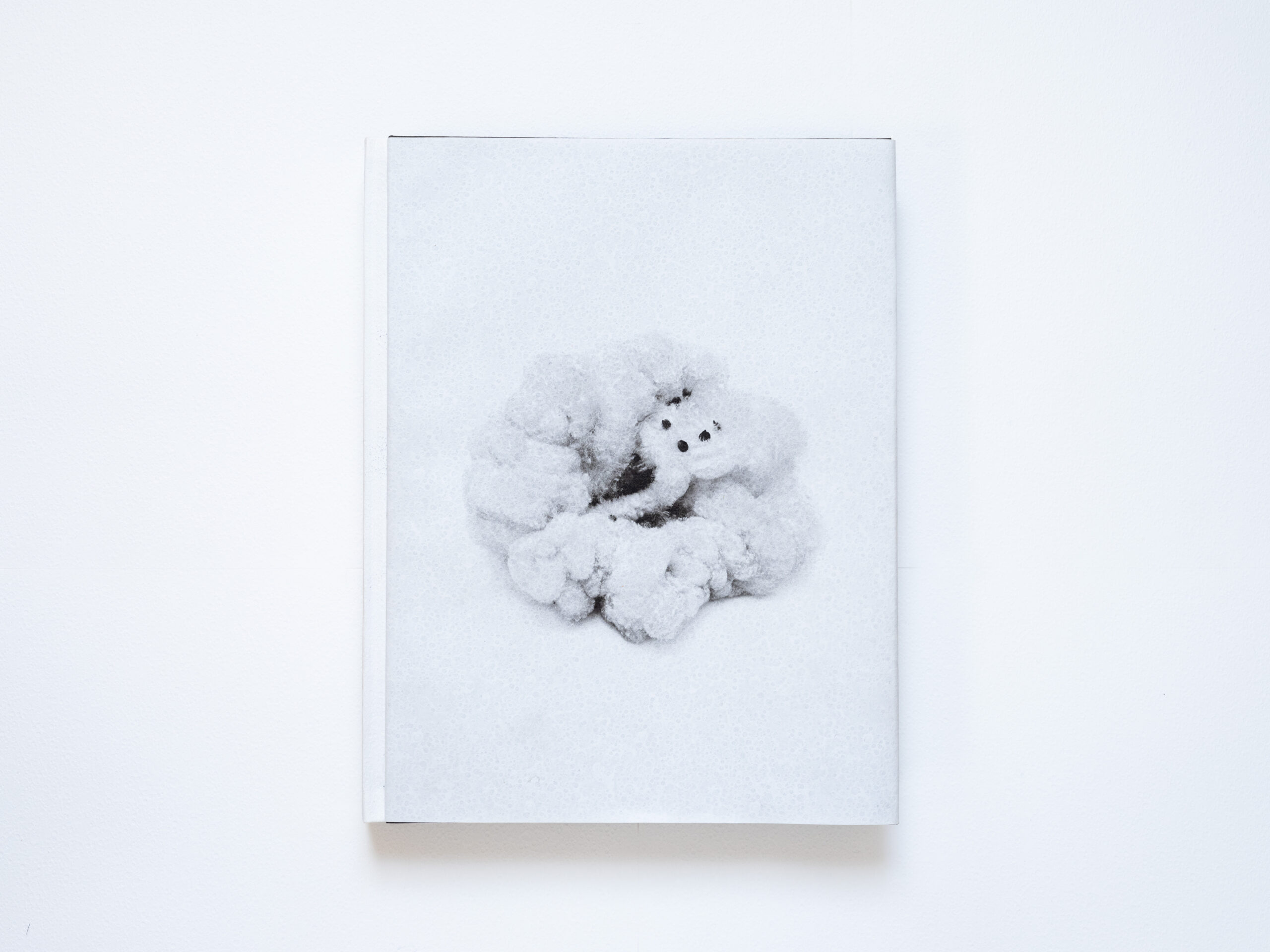
©︎Moe Suzuki / Aabuku
The glass of water I drank every morning
The water bottle I gave my son every day when he went to nursery school
The spring water I drank by scooping it out with my hands
The taro I grew the natural way
The stream where I caught guppies
The pond where we throw eggs and worship
The school grounds where I play football
The river I paddleboard on
Invisible, it has neither smell or taste. Was that substance in the water I drank and touched? In the water we used to grow our vegetables? Is it still in the water that flows out of our faucet now? What harm have these substances, accumulated in my body, done to me and my children? And will they continue to harm us?
In 2016, it was announced that water supplied to 450,000 people in the central and southern parts of the main island from a water treatment plant located in central Okinawa had been contaminated with organofluorine compounds (PFAS). PFAS are carcinogenic substances known as ‘Forever Chemicals’, which rarely break down in nature or in the human body. Four years later, in 2020, a fire alarm in a hangar at Futenma Airbase malfunctioned causing a large amount of firefighting foam to be released into the community of Ginowan. The fluffy foam, which wafted romantically and seem never to fade, contained PFAS. People tried to grasp the true nature of the water they had taken for granted. The water they used to drink, play, work, and worship. They retraced fragmented memories of the ‘foam’ they may have seen in the past.
This is the story of the PFAS contamination leaked from US military bases in Okinawa told through local people’s memories of the water and land. It is not possible to measure contamination figures of the past. Neither the Japanese government nor the US military have offered any fundamental solutions or even acknowledged the source of contamination. As the reality of the contamination was gradually revealed, the hazy memories of those affected, many overlooked until now, have become distorted.
I walked through the contaminated land and water, tracing their distorted memories. Eternal chemicals that cannot be visually captured except as fluffy bubbles. The source of this pollution cannot be reached by any means, blocked by the fences of the airbase. The silent burden of these beautiful islands that visitors dare not look for beyond the pleasant breezes and sound of waves. The invisible has become intertwined and overlapped. Wading through the dreamy aabuku (foam) it remained elusive. I wove together the words and unspoken thoughts of the people I met.
Moe Suzuki
<Thanks to>
Okinawa Prefectural Archives / Ryukyu University Museum, Fuj ukan / Ginowan City Museum / Associate Professor Kouji Harada, Department of Health and Environmental Sciences, Kyoto University Graduate School of Medicine / Liaison Group for Protecting Citizens’ Lives from PFAS Pollution / Ginowan Churamizu Kai / コドソラ Kodosora / Futenma Airbase Bakuon Litigation group / Kadena Branch, Kadena Airbase Bakuon Litigation group / あなたの沖縄 | コラムプロジェクト / Jon Mitchell / Okinawa Prefectural Bureau of Enterprises and more.
Moe Suzuki’s artist book “Aabuku”
The “Aabuku” is produced in a limited 72 copies with edition number and signature.
Photographs, Texts, Illustrations /Editing, Design / Printing, Bookbinding : Moe Suzuki
Contribution to concept, storytelling, and art direction: Yumi Goto / Reminders Photography Stronghold
All rights ©2024 by Moe Suzuki
English Proofreading by Scott Musgrave-Takeda, Lance Henderstein
Printed and bound in Japan by Moe Suzuki
278 pages
Size (mm) : 248mm x 272mm x 34mm
Language: Japanese and English
Please make sure to select the correct shipping destination.
If the paypal buttons do not work properly or for inquiries, please contact us at
photobook@reminders-project.org
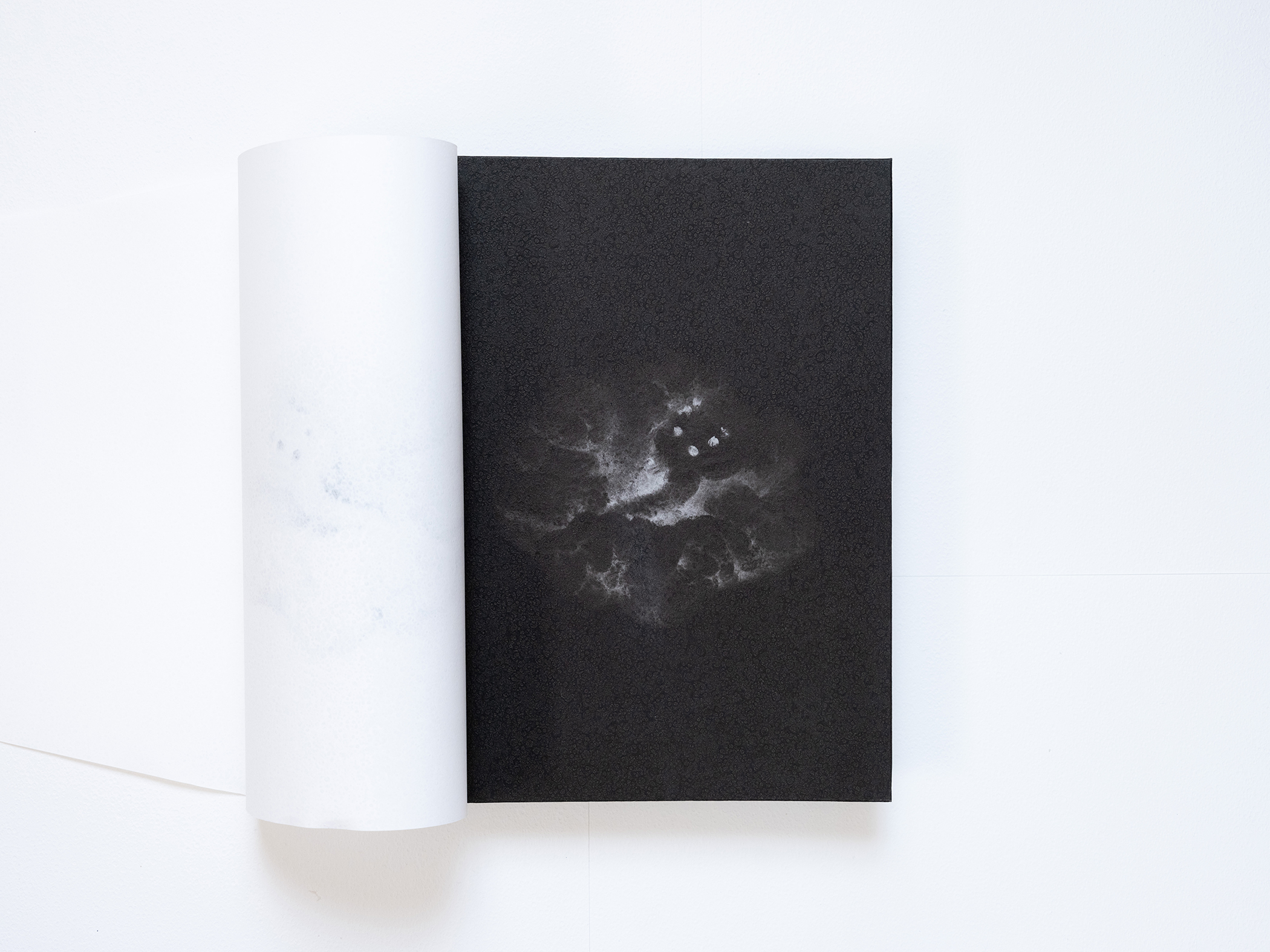
©︎Moe Suzuki / Aabuku
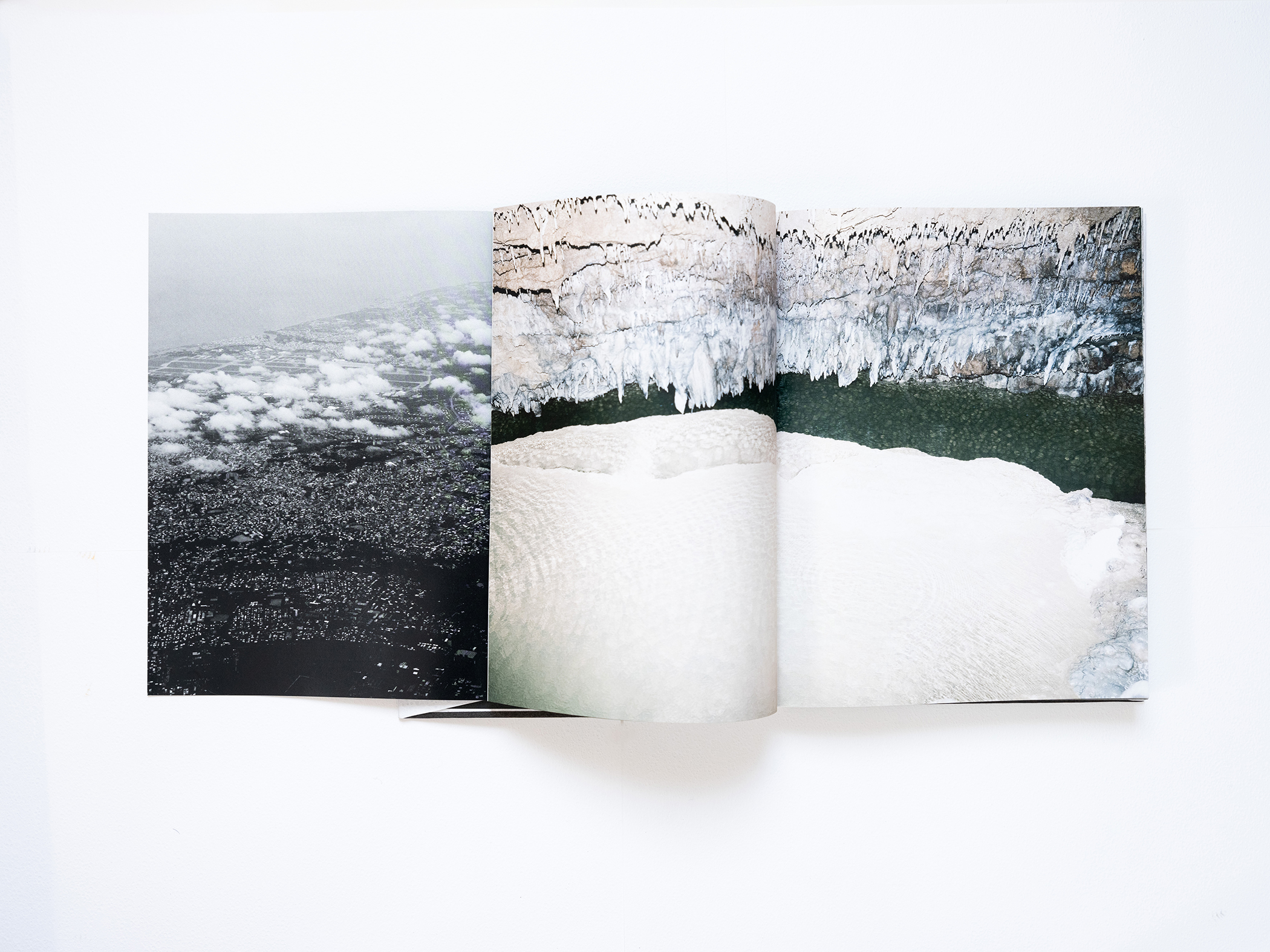
©︎Moe Suzuki / Aabuku
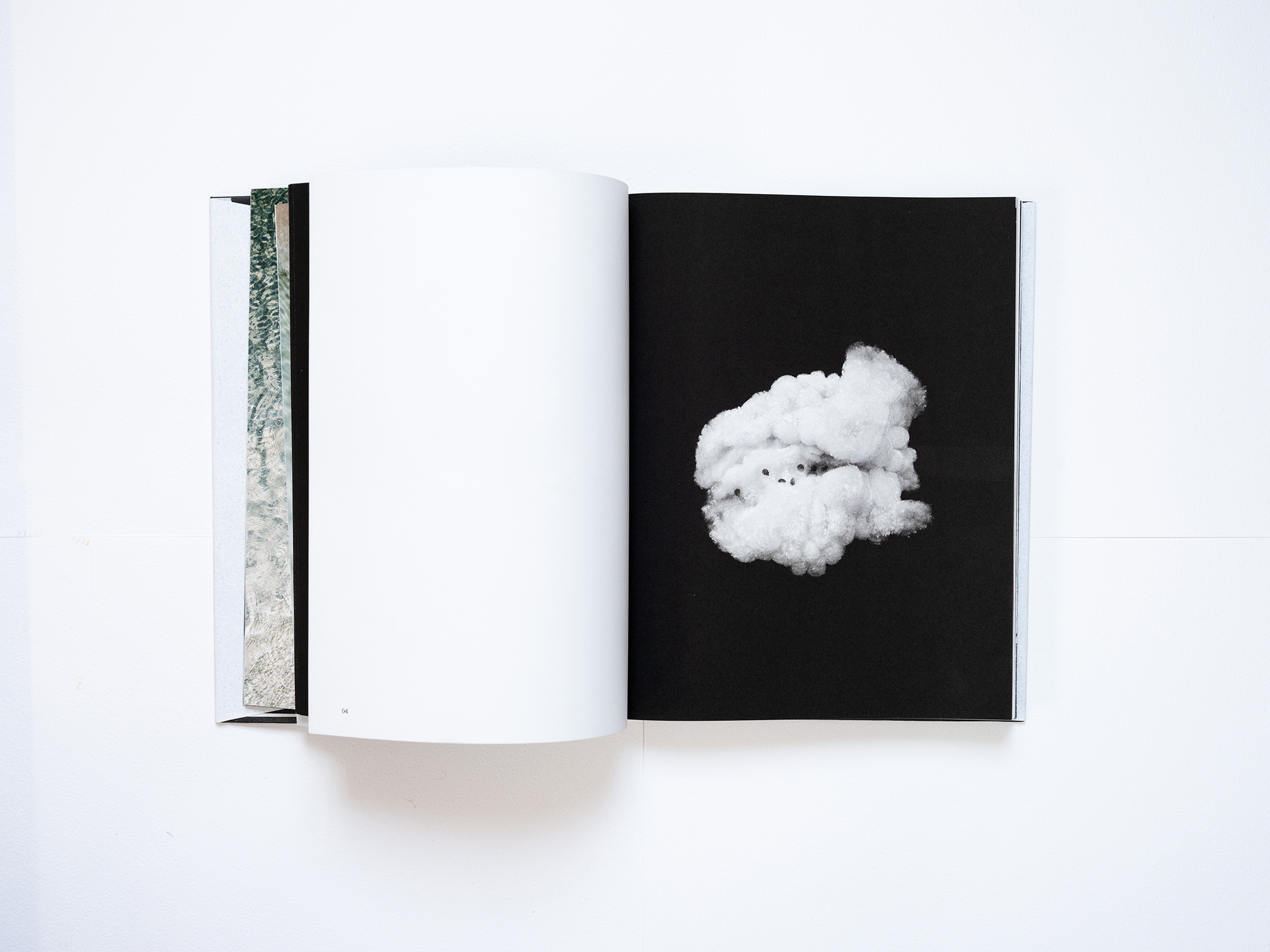
©︎Moe Suzuki / Aabuku
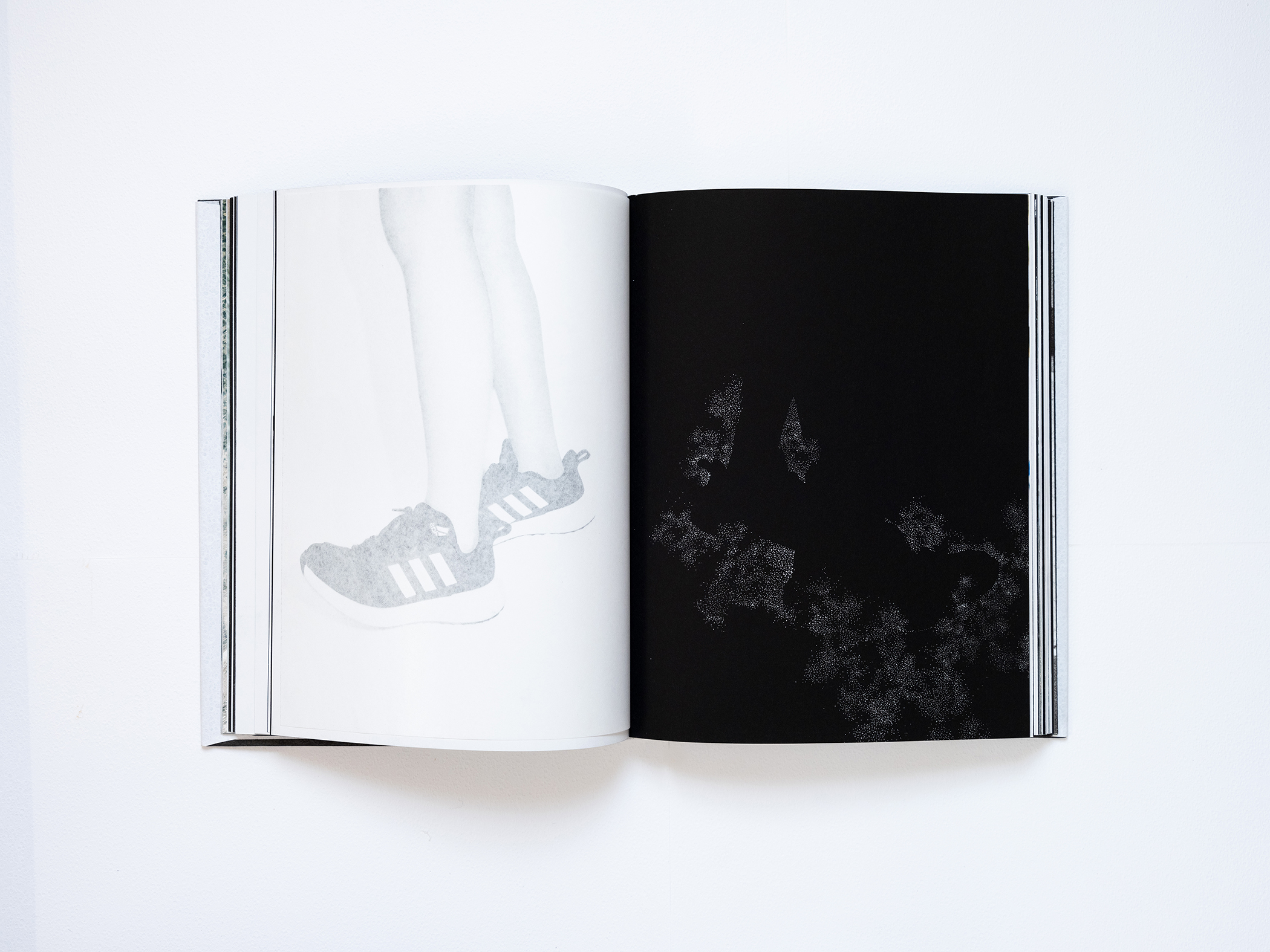
©︎Moe Suzuki / Aabuku

©︎Moe Suzuki / Aabuku
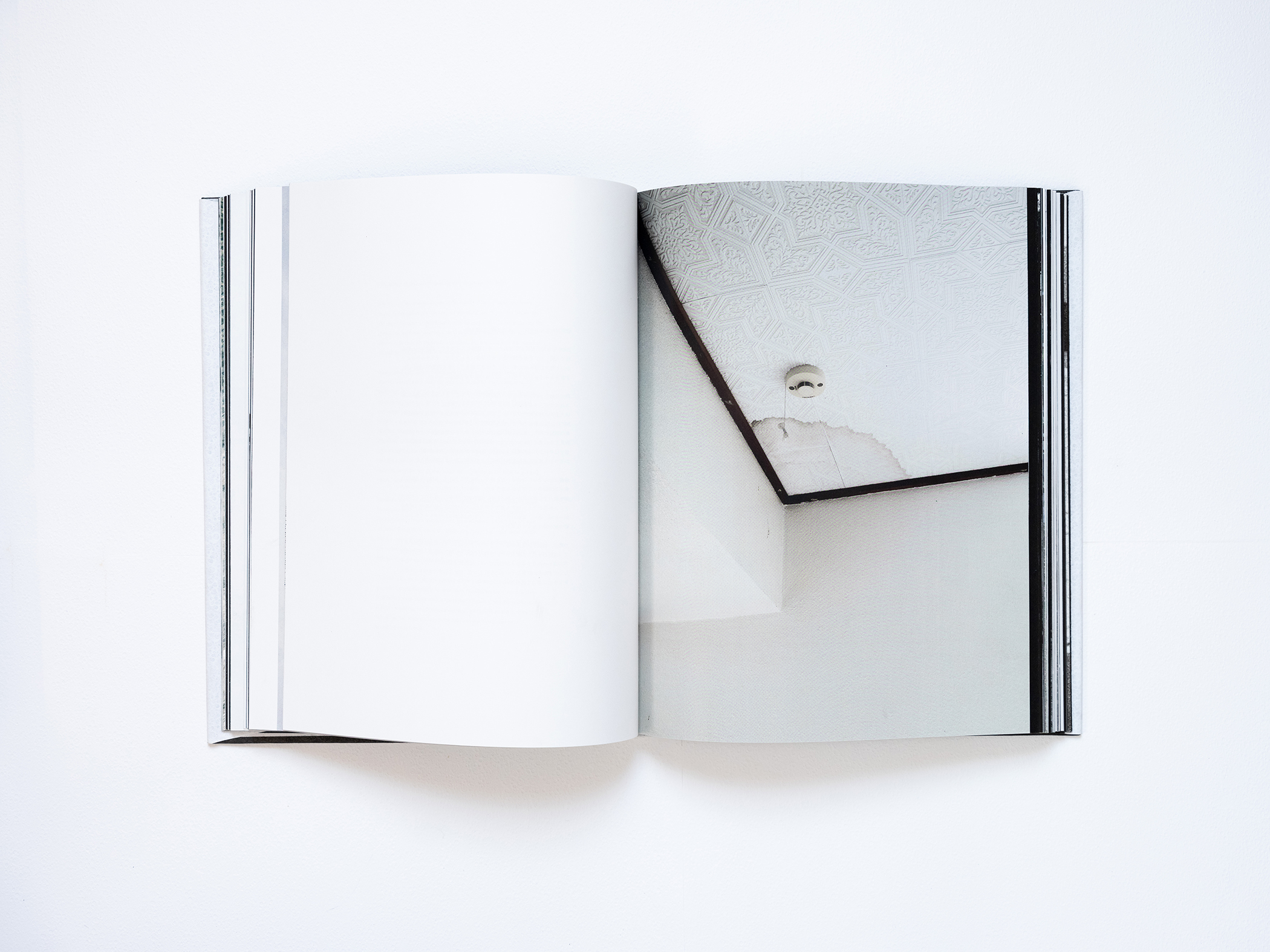
©︎Moe Suzuki / Aabuku
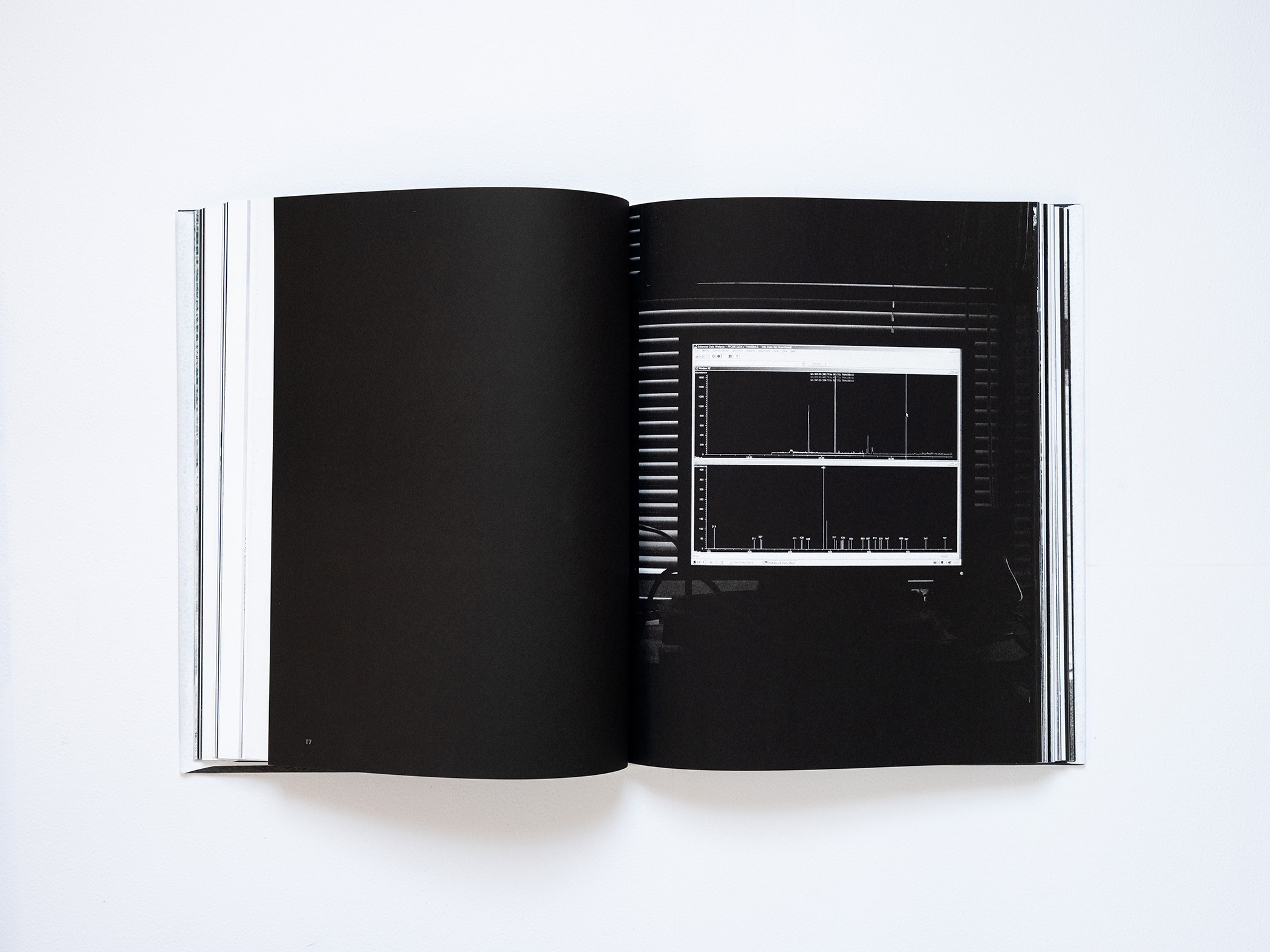
©︎Moe Suzuki / Aabuku
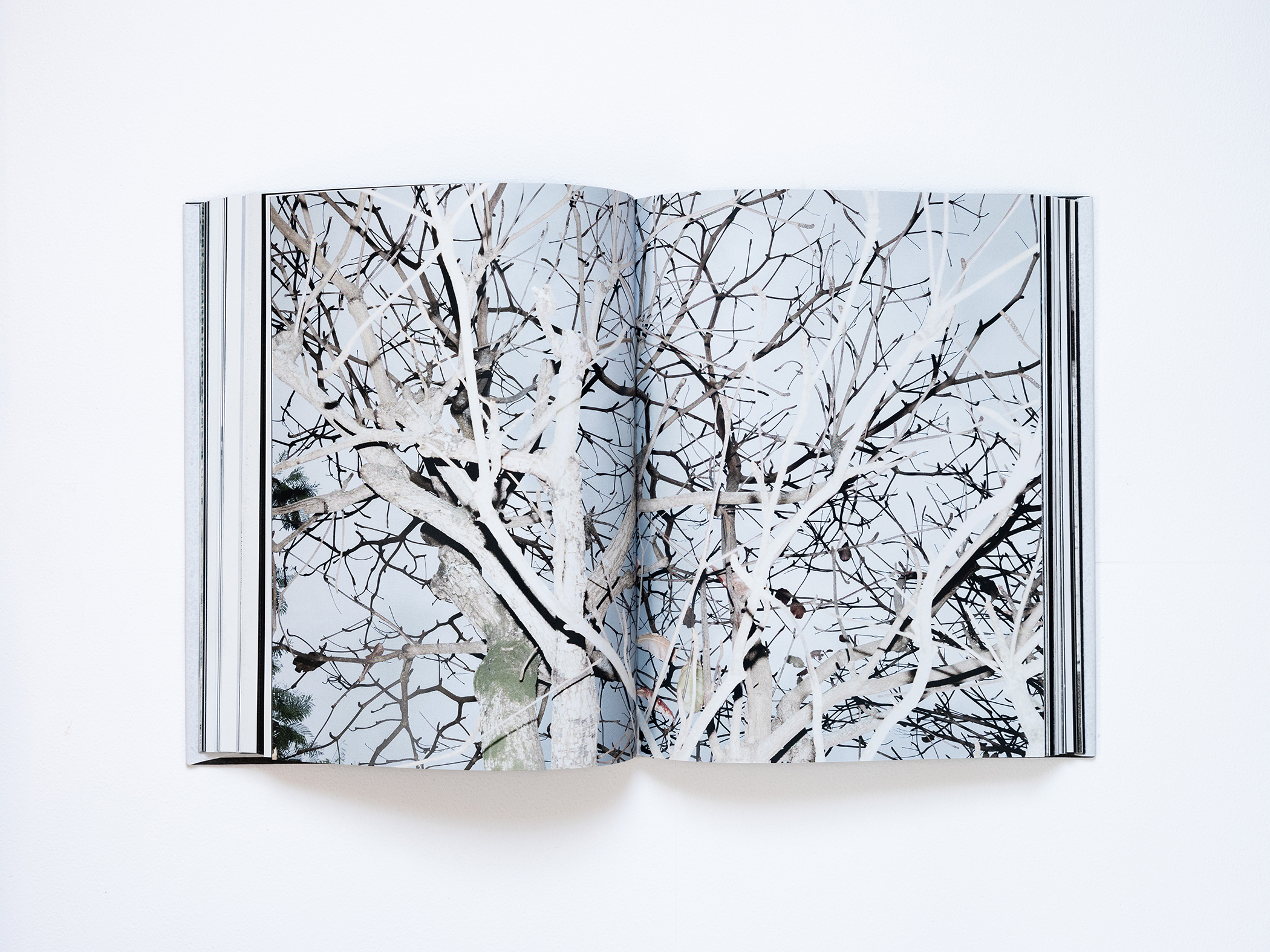
©︎Moe Suzuki / Aabuku
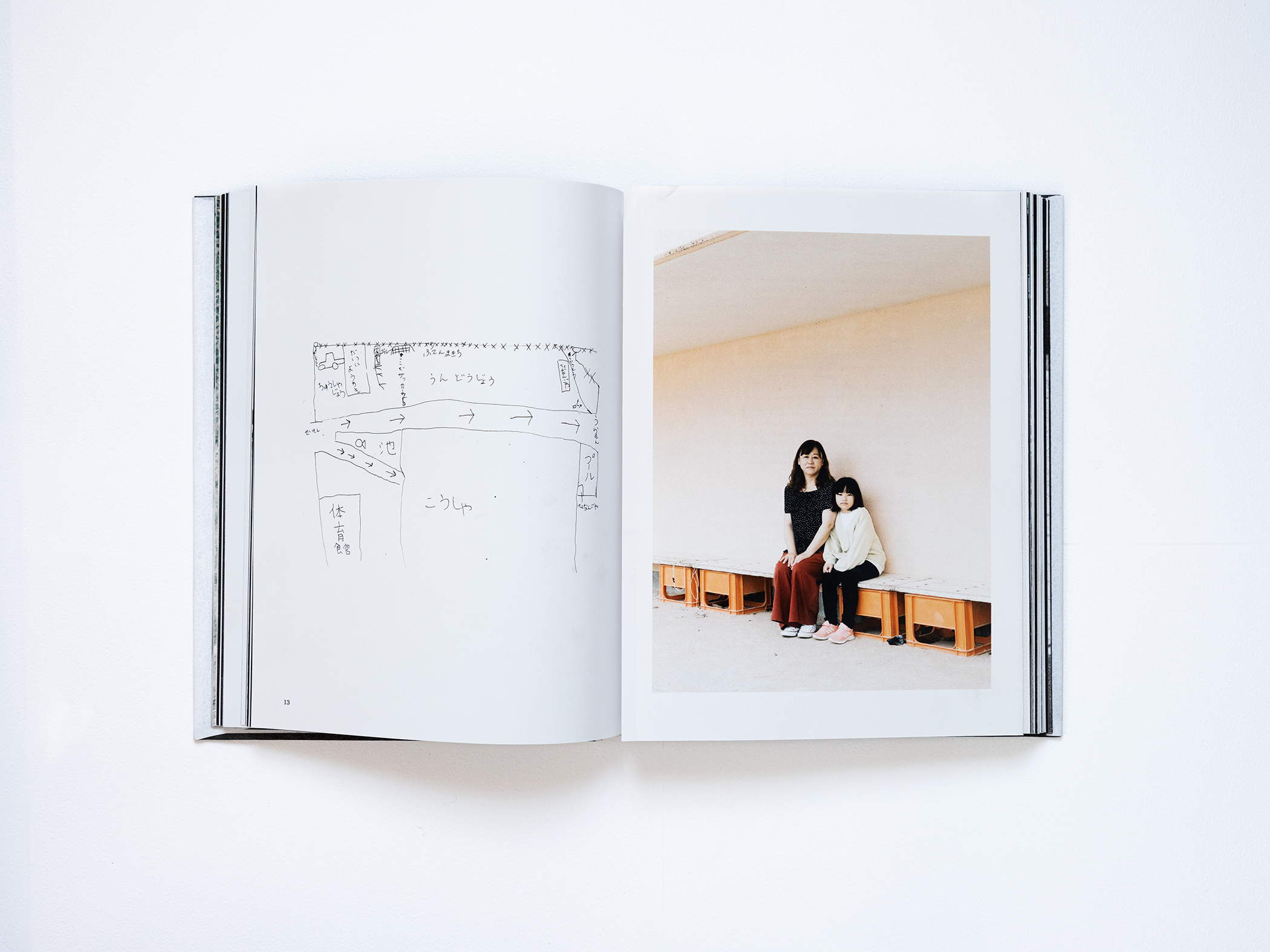
©︎Moe Suzuki / Aabuku

©︎Moe Suzuki / Aabuku
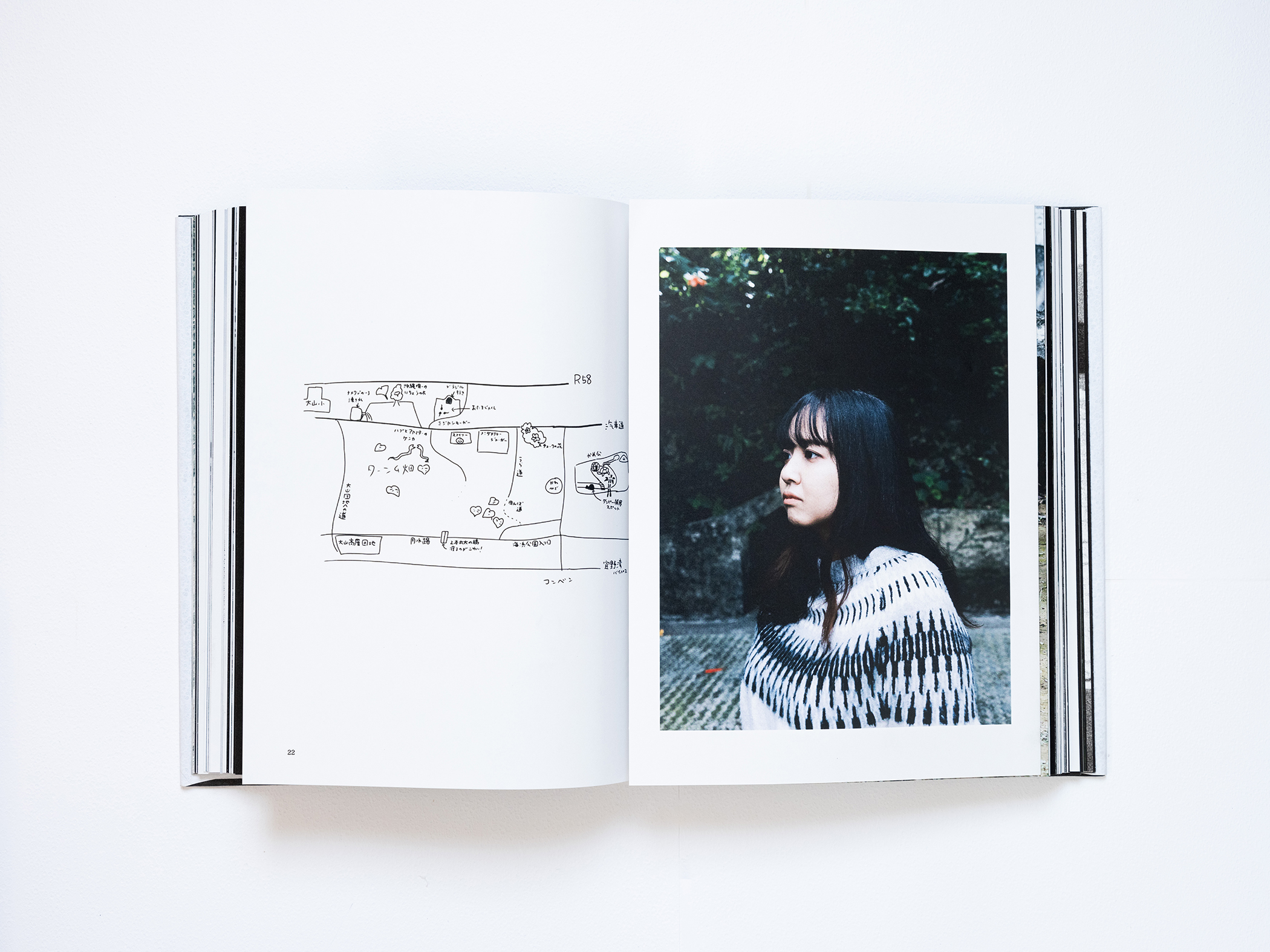
©︎Moe Suzuki / Aabuku
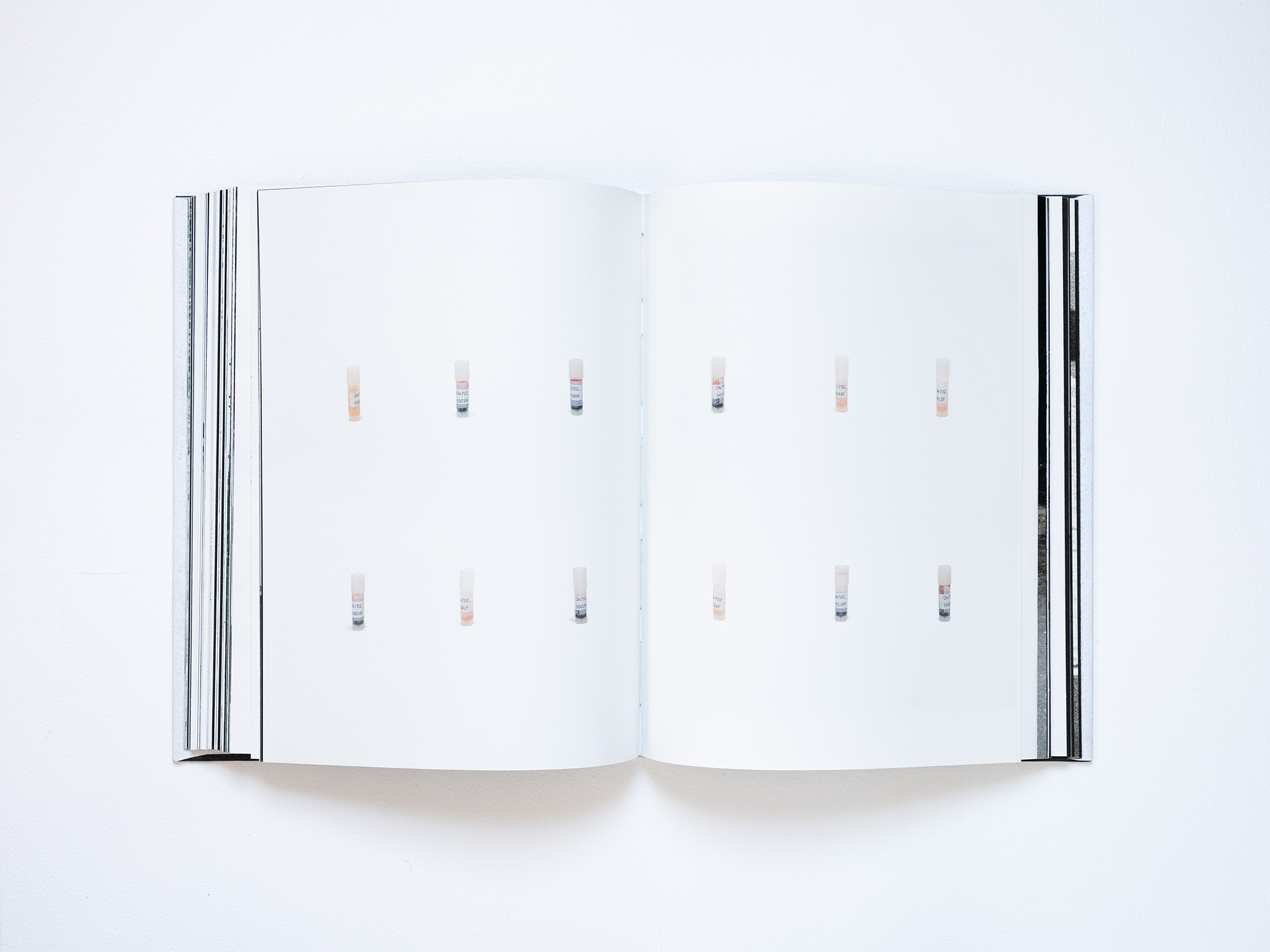
©︎Moe Suzuki / Aabuku
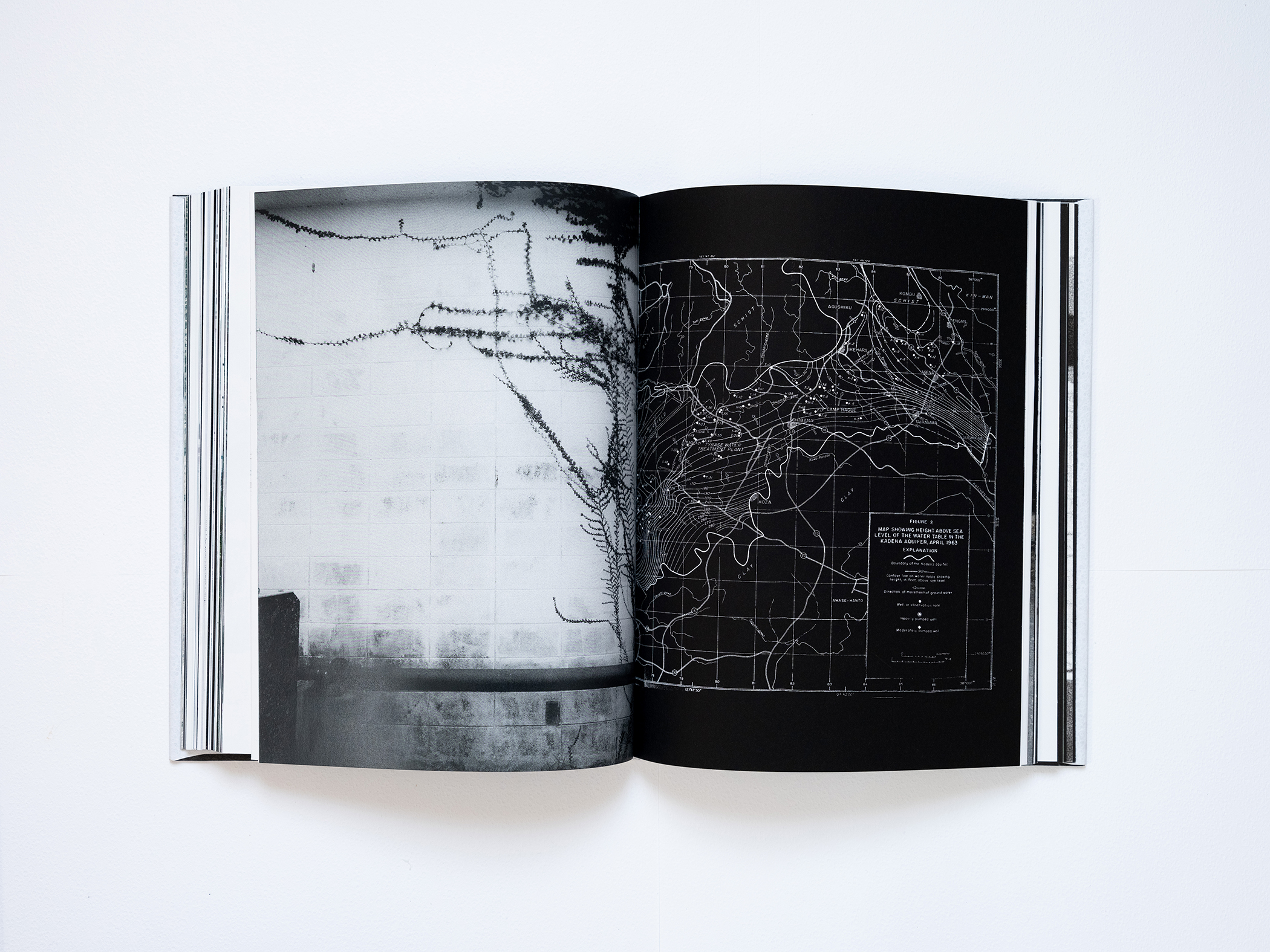
©︎Moe Suzuki / Aabuku
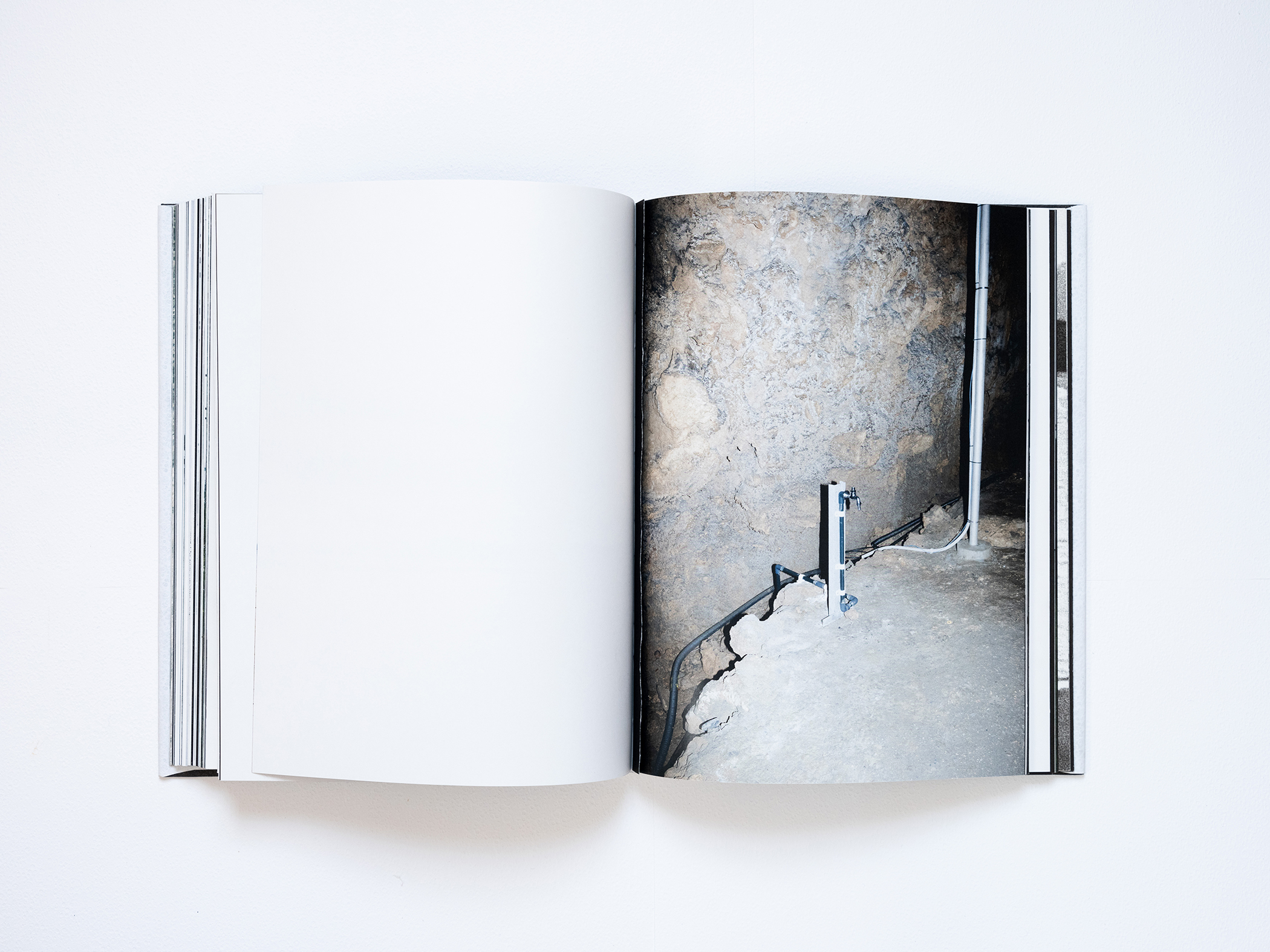
©︎Moe Suzuki / Aabuku
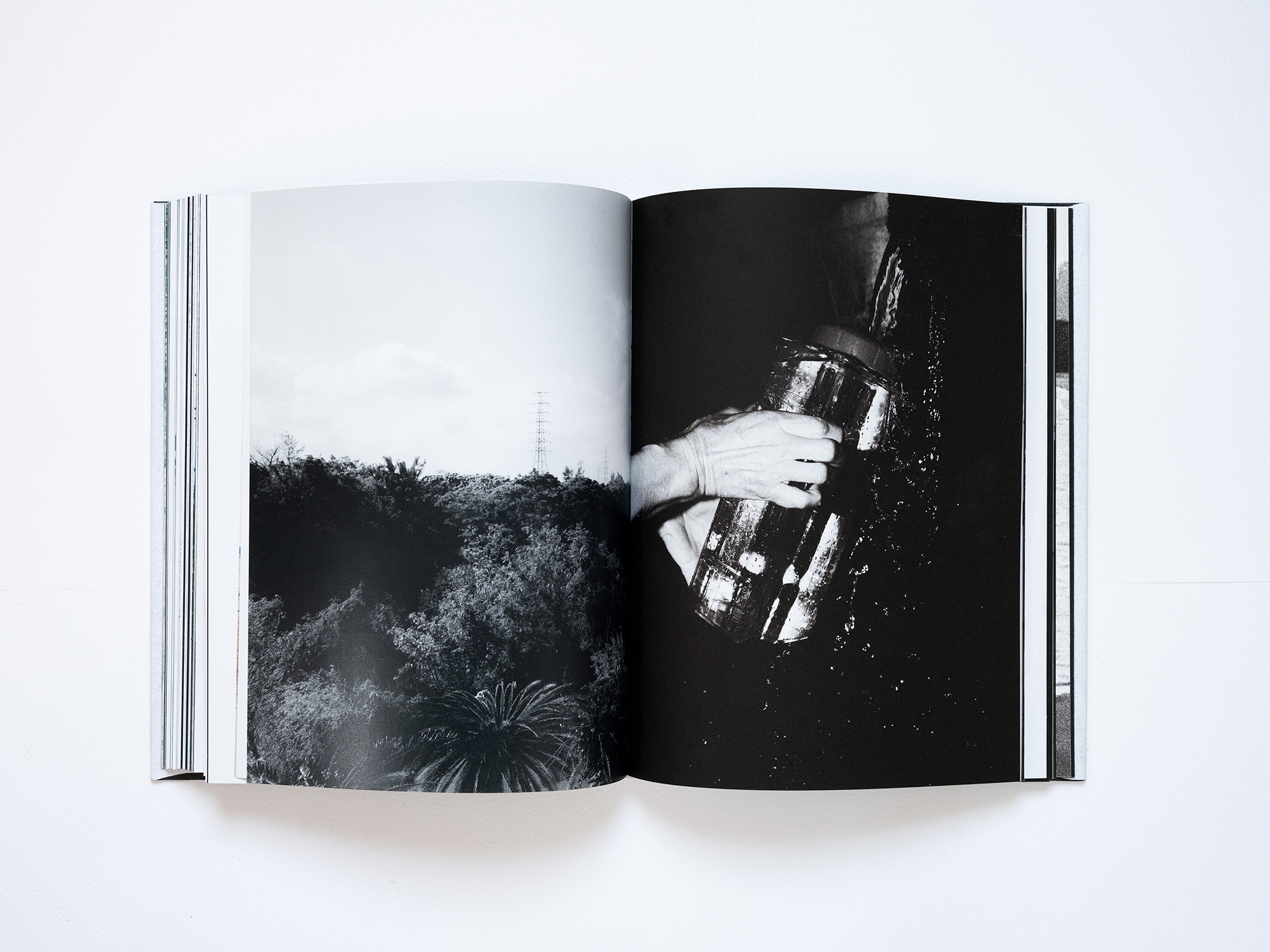
©︎Moe Suzuki / Aabuku
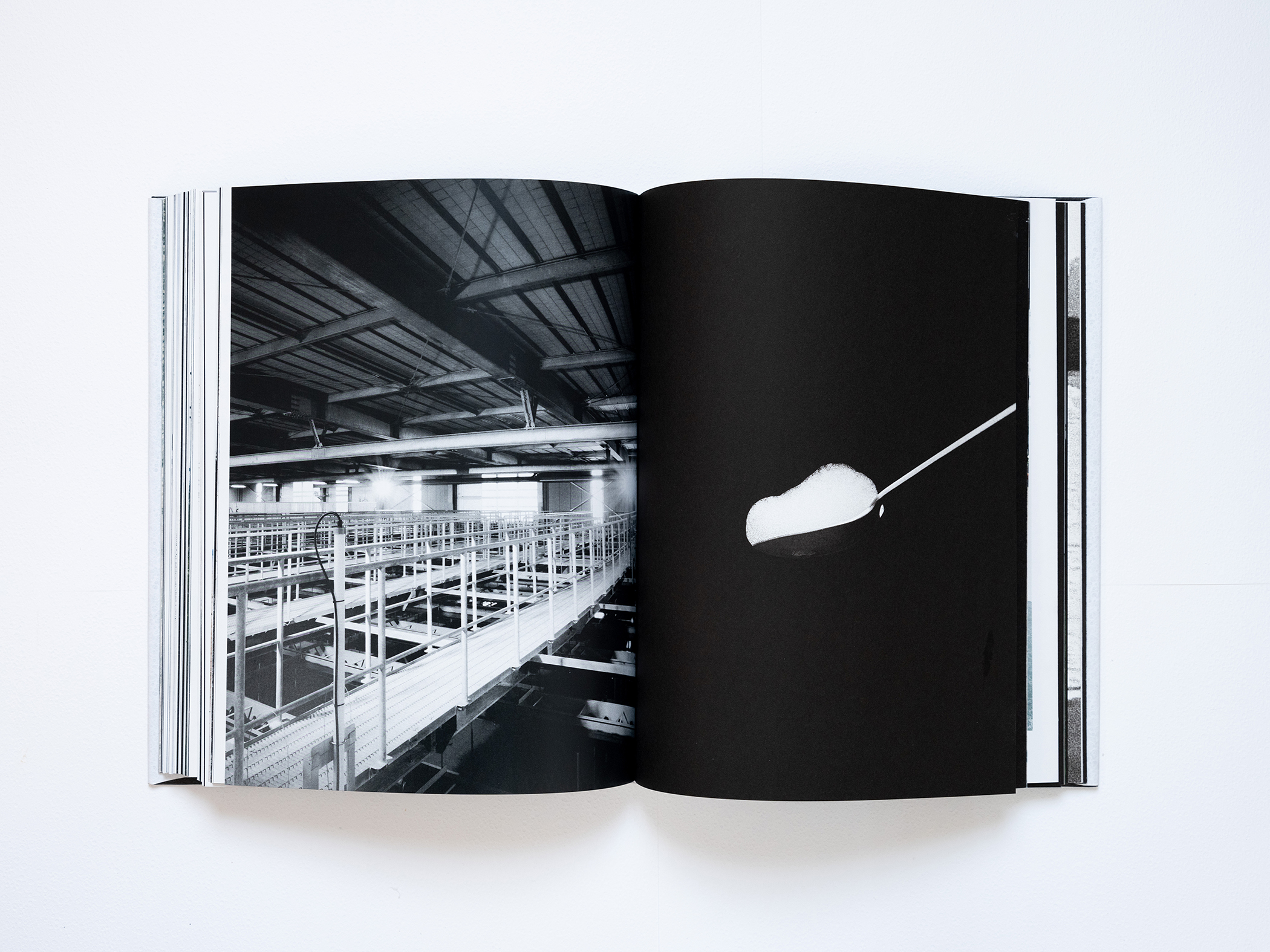
©︎Moe Suzuki / Aabuku
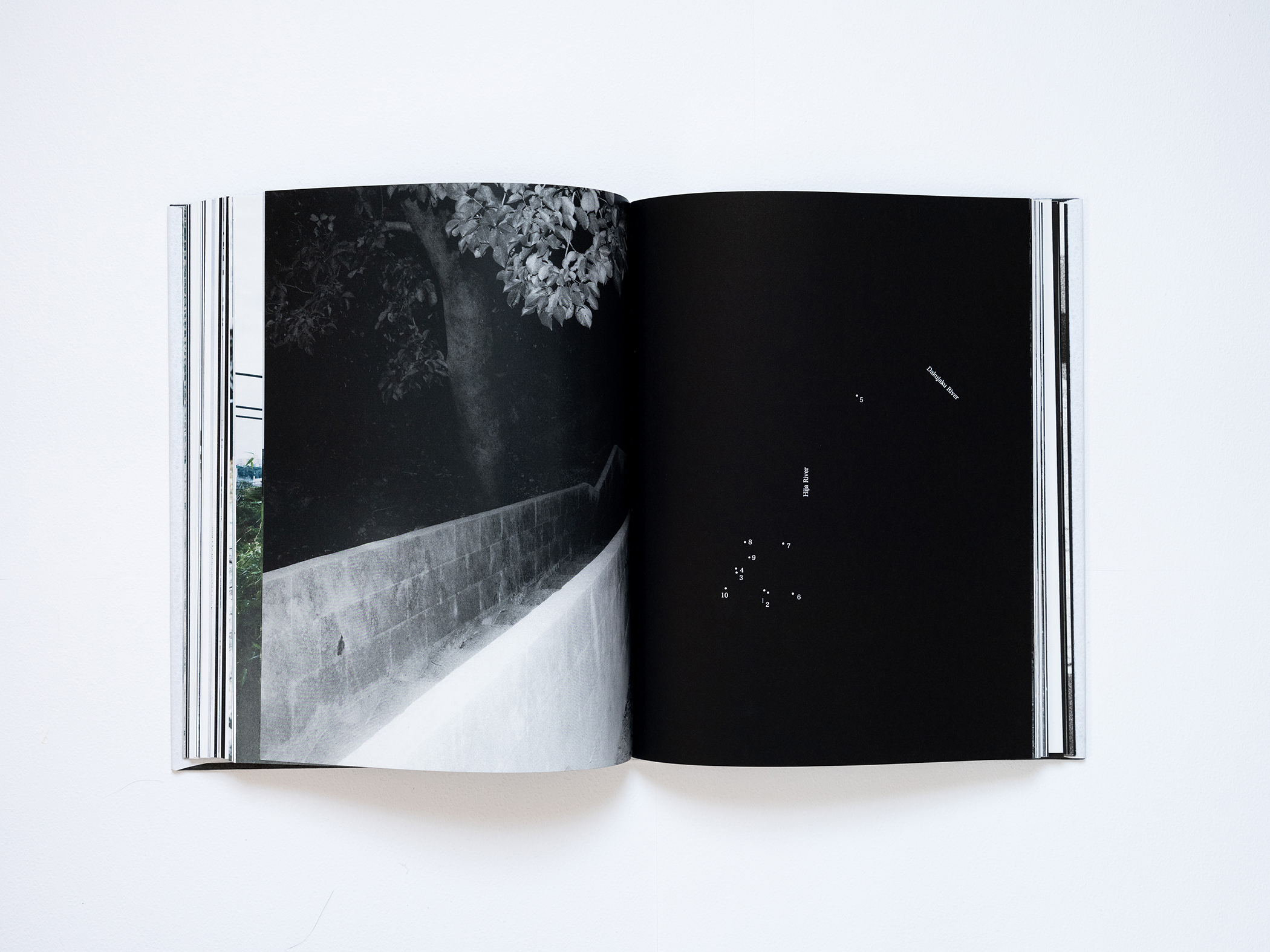
©︎Moe Suzuki / Aabuku
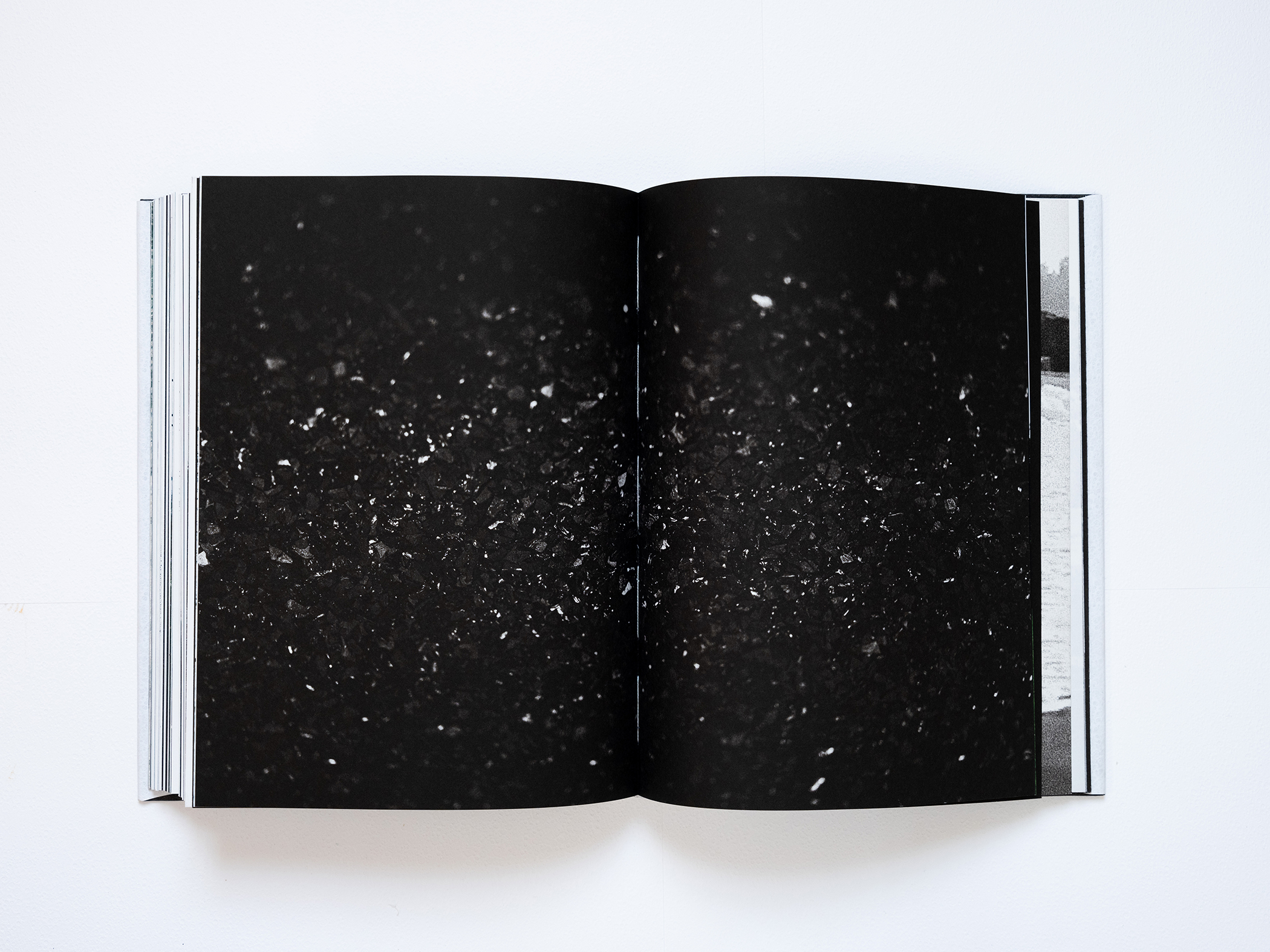
©︎Moe Suzuki / Aabuku

©︎Moe Suzuki / Aabuku

©︎Moe Suzuki / Aabuku
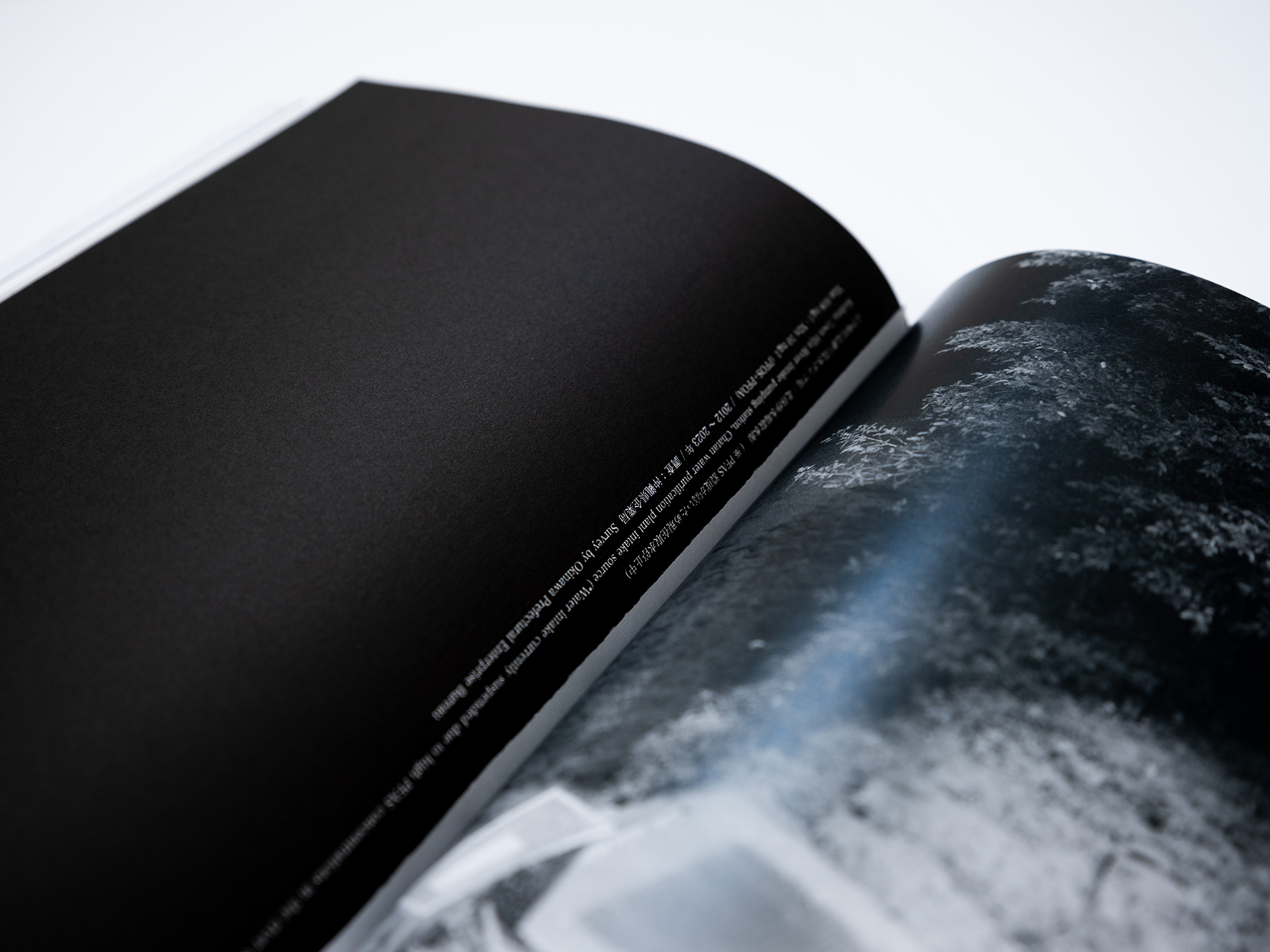
©︎Moe Suzuki / Aabuku

©︎Moe Suzuki / Aabuku
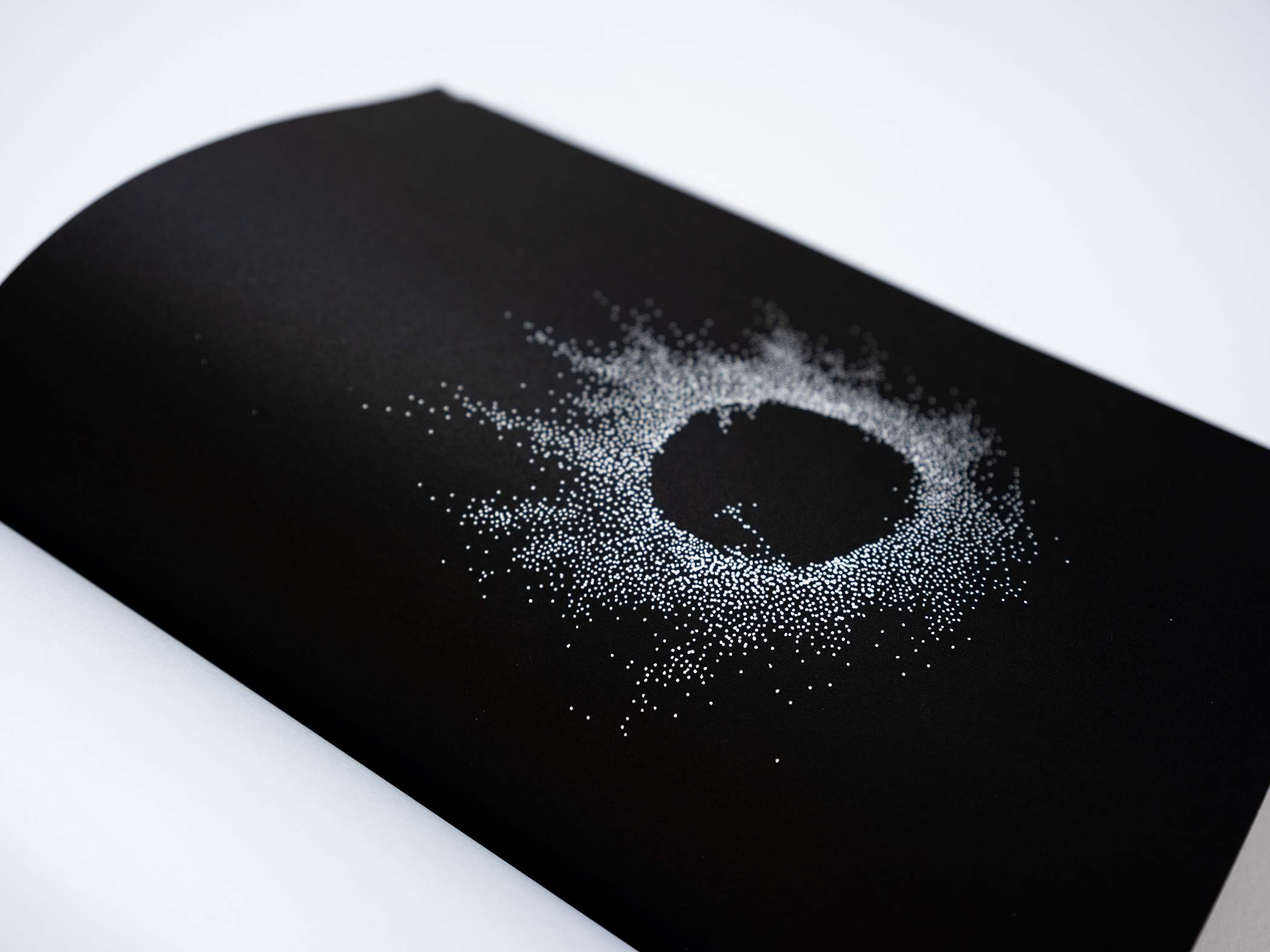
©︎Moe Suzuki / Aabuku

